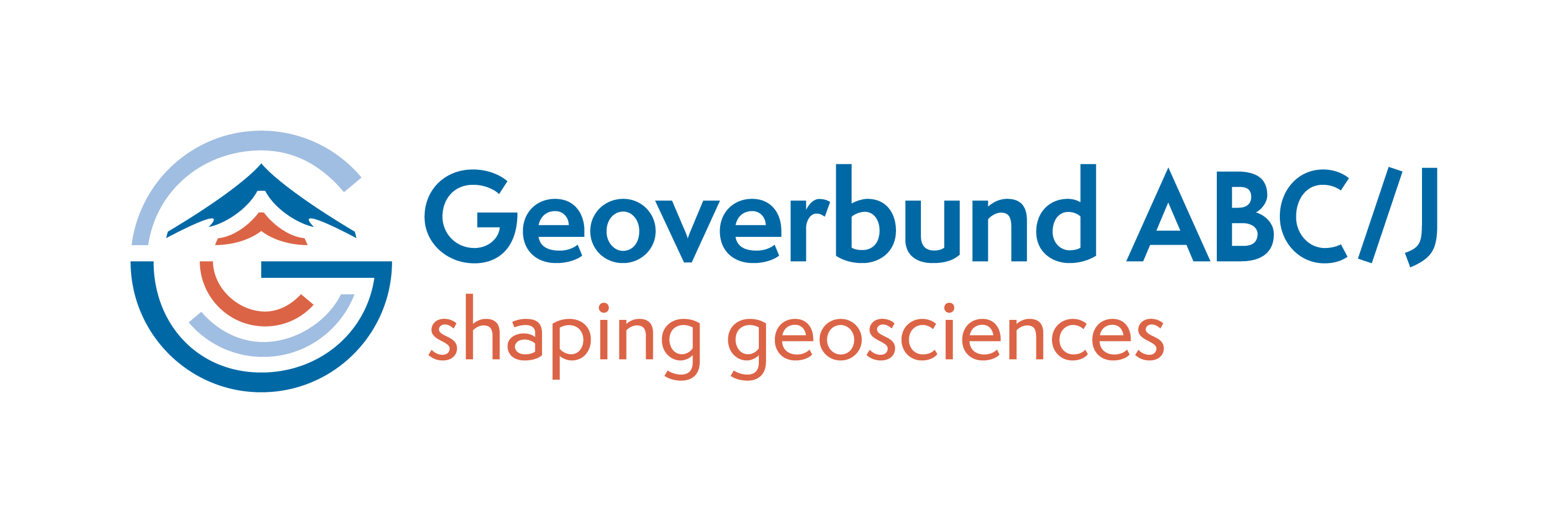Infrastructure
The Geoverbund ABC/J has a unique infrastructure at its sites in the areas of analytics and high-performance computing.

Terrestrial Environmental Observatories (TERENO) is a network of four terrestrial observatories for long-term environmental monitoring in Germany.

The Jülich Observatory for Cloud Evolution (JOYCE) operates ground-based active and passive remote sensing instruments for cloud and precipitation measurements.

The Jülich Supercomputing Centre provides high-end computing capacity to scientists at the Forschungszentrum Jülich, universities and research institutions within Germany and in Europe, as well as industry.

The SAPHIR atmospheric simulation chamber enables reproducible investigations into precisely defined atmospheric-chemical mechanisms. This makes it possible to reconstruct and investigate processes at play in the atmosphere.

IAGOS - short for "In-service Aircraft for a Global Observing System", has been running for around 30 years with the long-term support of the German Federal Ministry of Education and Research (BMBF). Devices on board commercial aircraft around the globe measure long-lived carbon dioxide, as well as short-lived greenhouse gases such as ozone, water vapor and methane, and the reactive trace gases carbon monoxide and nitrogen oxides.

The Cologne Luminescence Laboratory (CLL) focuses on constraining landscape evolution in a range of environmental settings using different luminescence dating techniques.

The LA-ICPMS-Labor at the Steinmann Institute of the University of Bonn has a variety of microanalytical facilities that enable high-resolution characterisation of geological samples.

CologneAMS is the Centre for Accelerator Mass Spectrometry (AMS) at the University of Cologne. Here an electrostatic tandem accelerator with a maximum voltage of 6 MV and various detectors for ion analysis is in operation.




